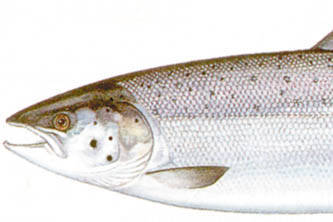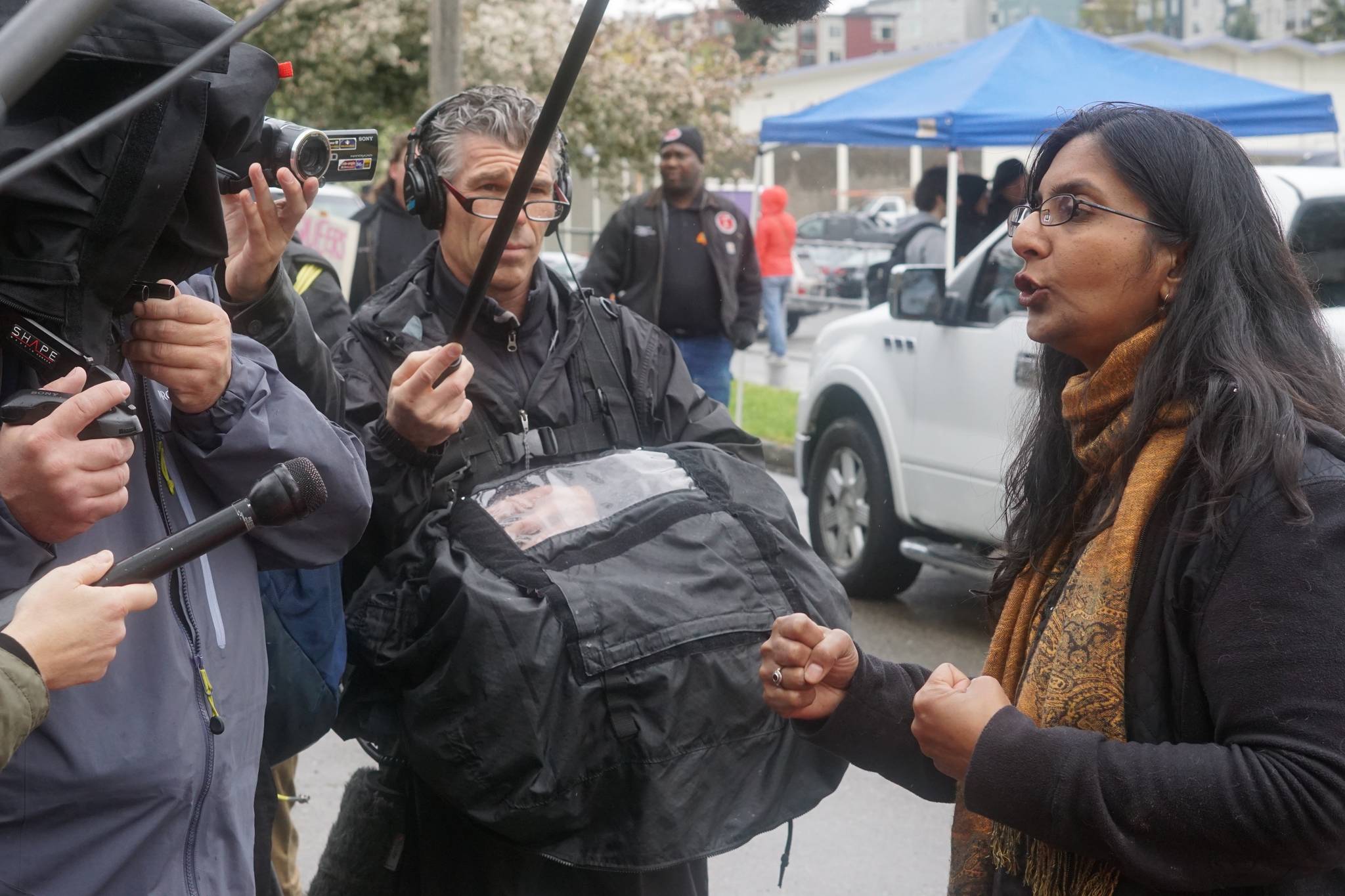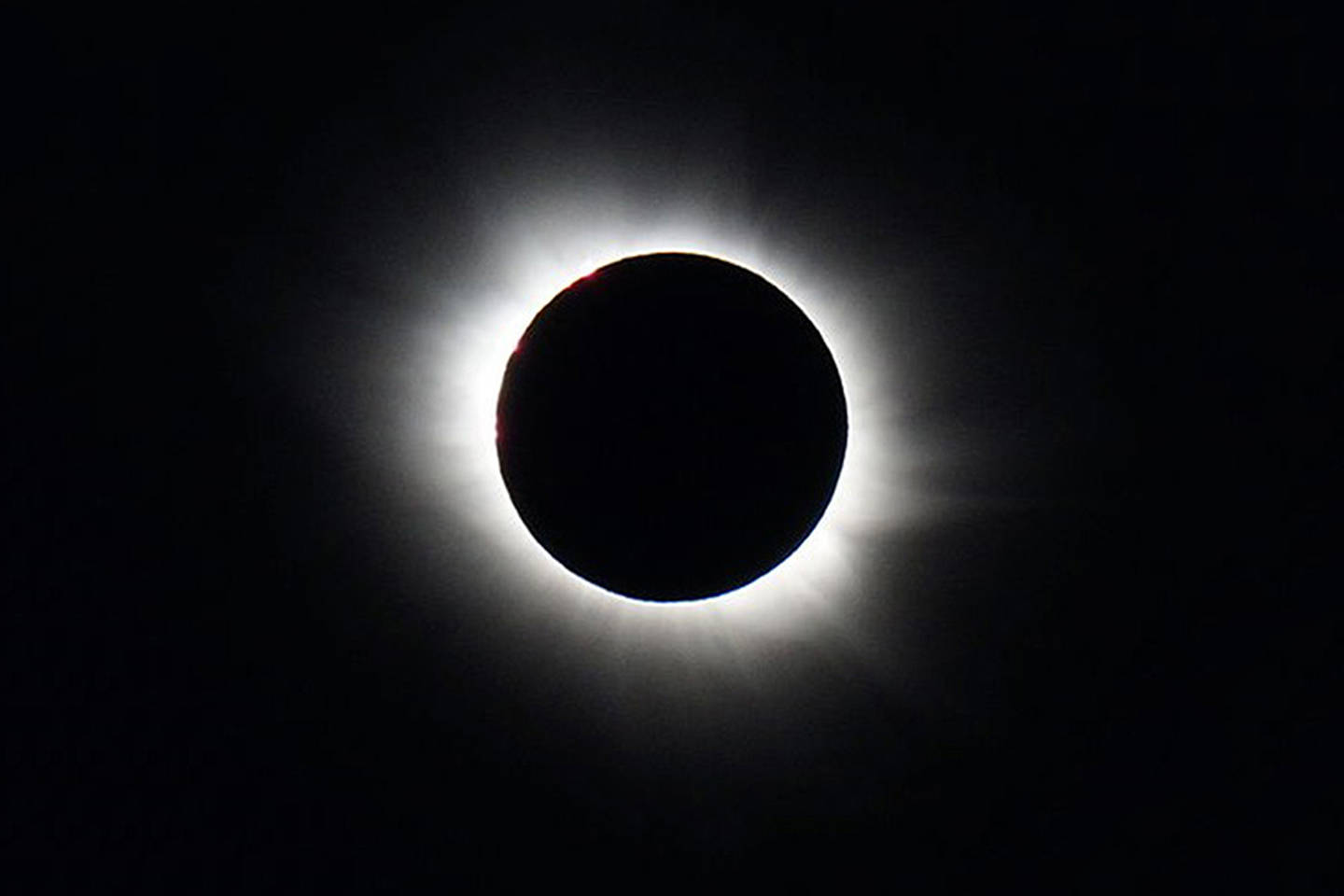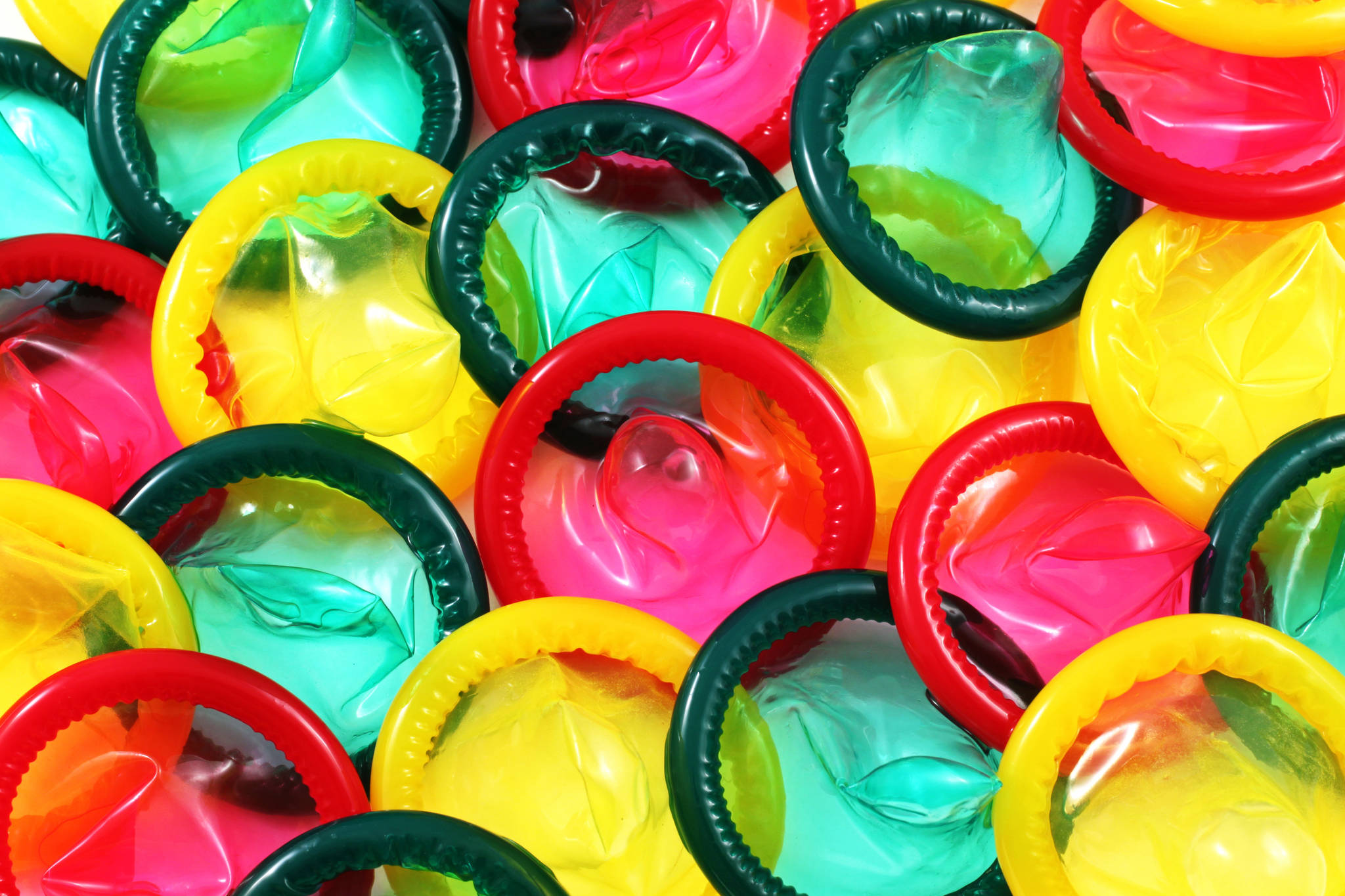Efforts to ban net pen fish farming in the Puget Sound have ramped up in the wake of the accidental release of thousands of non-native Atlantic salmon.
On Saturday, a net pen belonging to Cooke Aquaculture broke near Cypress Island in the San Juans. It’s unclear how many fish escaped from the breach. Cooke initially reported that 4,000 to 5,000 fish had escaped, but there is no proof of those numbers. The tank held 305,000 fish, utilizing a farming practice that had raised widespread concerns well before the spill.
Meanwhile the Lummi Nation declared a state of emergency Thursday about the release and what they’re calling a “fish spill.”
“The tribe has not received confirmation that the Atlantic salmon spill has been contained,” Timothy Ballew II, chairman of the Lummi Indian Business Council, said in a press release. “We have to assume that the invasive fish continues to spill into these waters,” putting the spawning grounds for native salmon species at risk.
The fish farming industry has existed in the Puget Sound since the 1980s, and currently eight farms are operating in the region. Last year all were acquired by Cooke, an East-Coast-based company with international holdings.
Cooke uses industrial open water net-cage farms or net pens. A net pen is a giant net in open water full of non-native salmon. This high concentration of animals causes issues for the water, the Atlantic salmon, and native species, critics say. Washington State is the only state along the west coast that hasn’t banned net pens.
Cooke is now looking to expand their net pens in number, location, and size. The biggest expansion would take place in the Strait of Juan de Fuca.
The Wild Fish Conservancy is directly opposed to this expansion. In April they began a campaign called “Our Sound, Our Salmon” to stop the expansion of new Atlantic net pens in Washington’s waters.
“Essentially, if you can understand a concentrated animal feeding operation in the ocean that’s what a net pen is,” says Molly Ogren, Marine Affairs Specialist at the Wild Fish Conservancy. “A vast number of Atlantic salmon, for an extended period of time, are put there, live there, excrete there, are fed pellets there, and are completely domesticated there.”
This, Ogren explains, is detrimental to the environment because all of the waste is released directly into the open ocean.
Additionally, net pens aren’t secure. Only after a reporting regulation was imposed in 1996 did it come to light that 600,000 farmed salmon escaped in Puget Sound from 1996 to 1999.
That’s bad news for native salmon.
The influx of new fish, especially thousands at a time, into the same ecosystem presents a risk of over-competition.
The farmed fish’s feeding habits are unclear, according to Ogren. They are on average much fattier than wild salmon. Likely, they are accustomed to being fed more often.
“They are carnivorous heavy competitors,” Ogren says. “Once they escape they’re going to be looking for food and there’s a chance they’re going up the same streams our wild salmon are going up and competing with them.”
All of these fish will be going after the same resources for survival and exhausting them at a faster rate.
Fish farms also have historic problems with disease and parasites. Sea lice threaten farmed populations regularly. The fish that escaped the Cooke farm on Saturday were being treated for a bacterial infection known as yellow-mouth last July.
In a Facebook live-stream video hosted by Lummi Island Wild, Kurt Beardslee, Executive Director of Wild Fish Conservancy, examined several of the farmed fish that had been caught.
“They have a look of yellow mouth,” Beardslee says of the fish, “[it’s] a disease that can spread to wild salmon.”
There’s no telling so far what the environmental ramifications will be. But, there’s no plan to mitigate the effects, Beardslee says in the live stream.
Currently, the only plan of action is a call for people to go fishing.
“We’re a little outraged that the state agency is relying on local fishermen to go clean up the company’s mess,” Orgen says. “We do think there should be some ramifications, they just created a huge mess in our waters and it’s kind of put on the public to clean it up.”
Opponents of net pen fish farming say fish farming itself can actually be beneficial because of the strain it takes off of native fish populations. The problem, they say, lies in the fish farming method that Cooke practices and is attempting to expand.
Land-based, closed containment fish farming, the kind that takes place in tanks, is much more sustainable and is the method that the Wild Fish Conservancy is advocating.
There are minimal external costs to the environment that way, Orgen says.
But, the initial start-up costs are more expensive than net pens, a deterring factor for companies.
Instead, Cooke Aquaculture is looking to place a pen at the mouth of the Strait of Juan de Fuca, which is historically populated with an abundance of wild salmon.
“Our Sound, Our Salmon” is campaigning against this. They’ve made a petition to stop the expansion and have urged Governor Jay Inslee to look into the harmful effects of net pen farming on the Sound.
Their next step is a water protest. The flotilla event will take place on Sept. 16 south of Bainbridge Island. People will gather on their kayaks and boats to protest the expansion.
“We have them working in public waters, polluting our waters, putting at risk our native fish,” Beardslee says, “it’s become the public’s problem.”
news@seattleweekly.com








